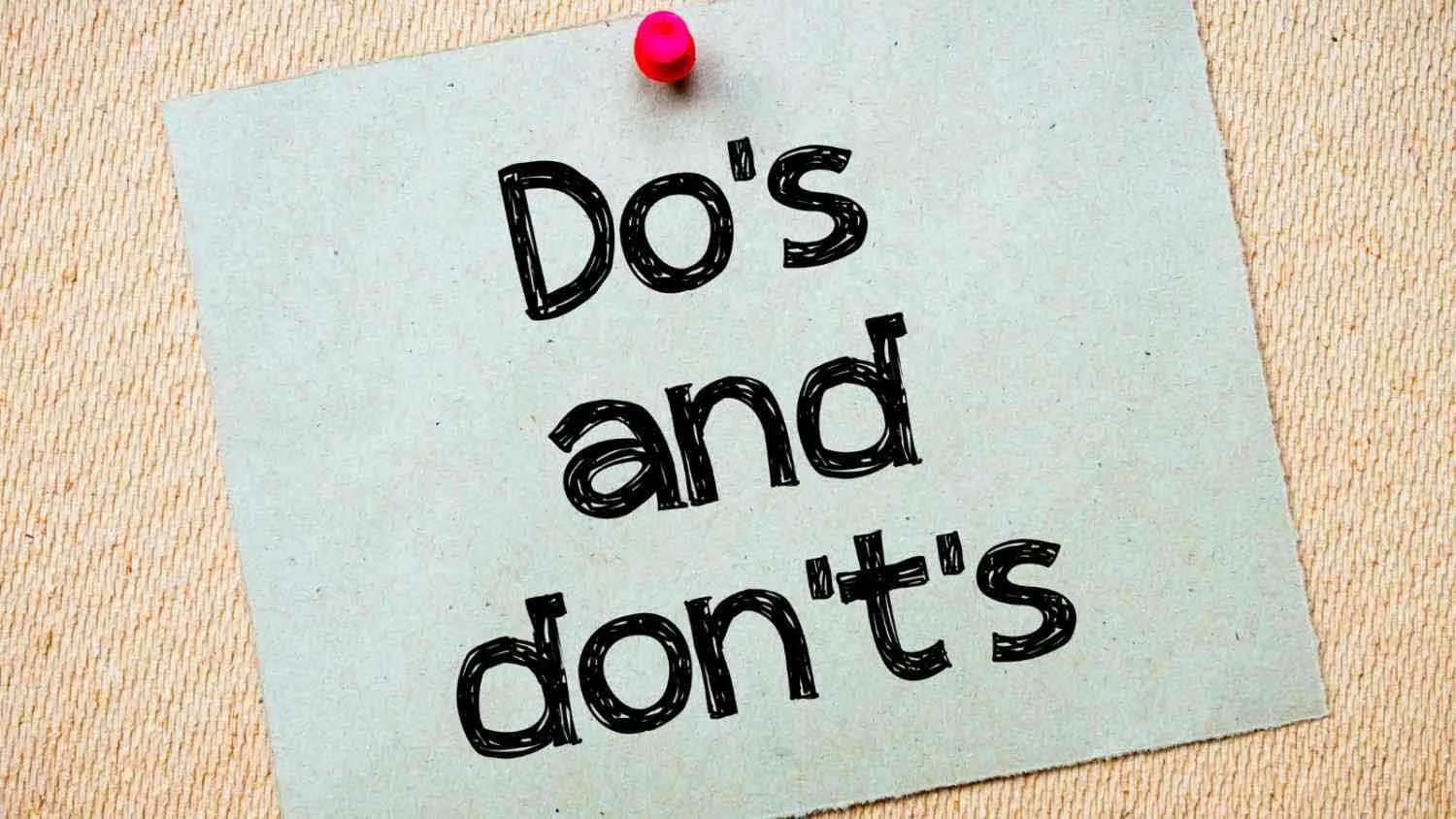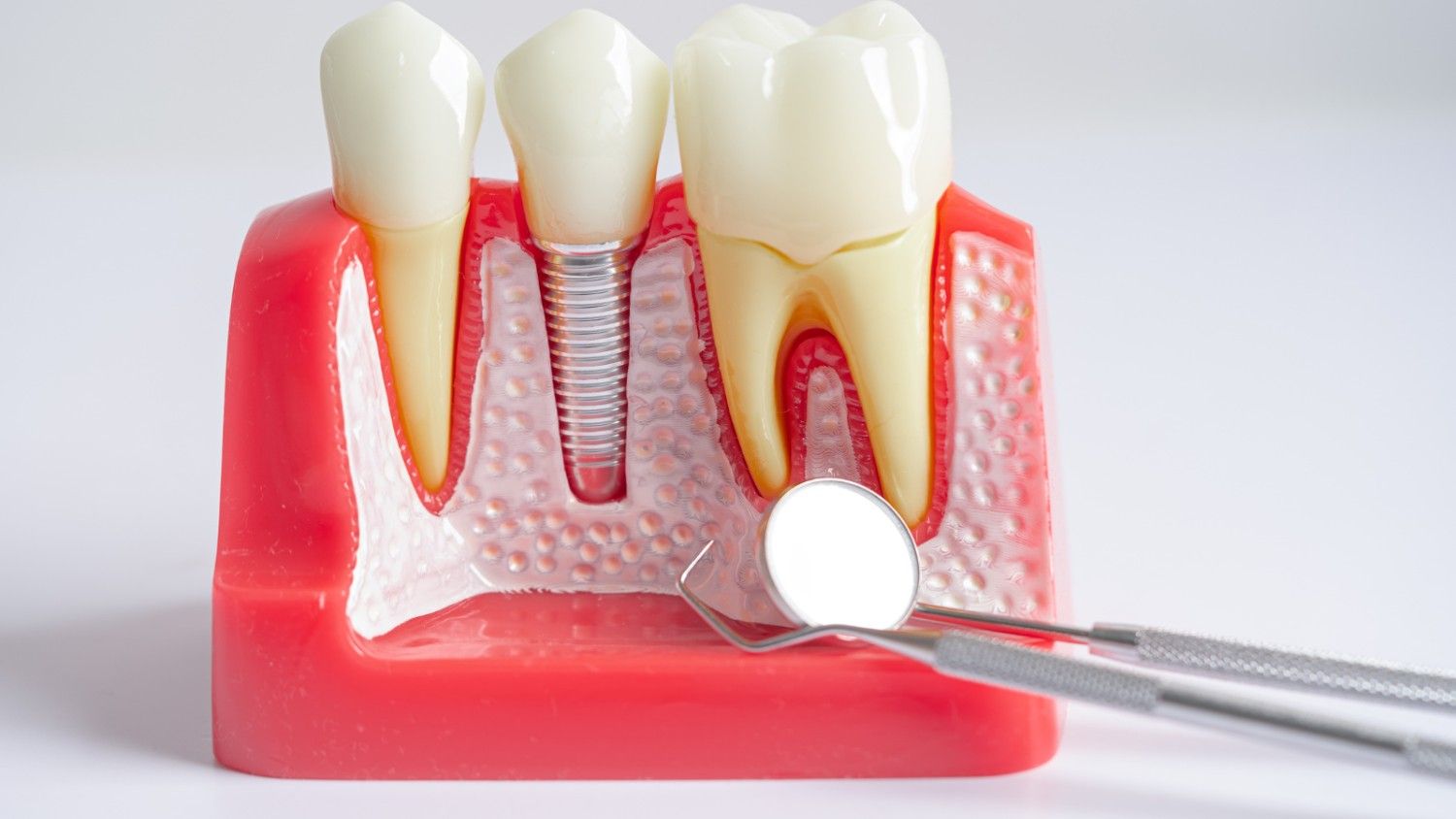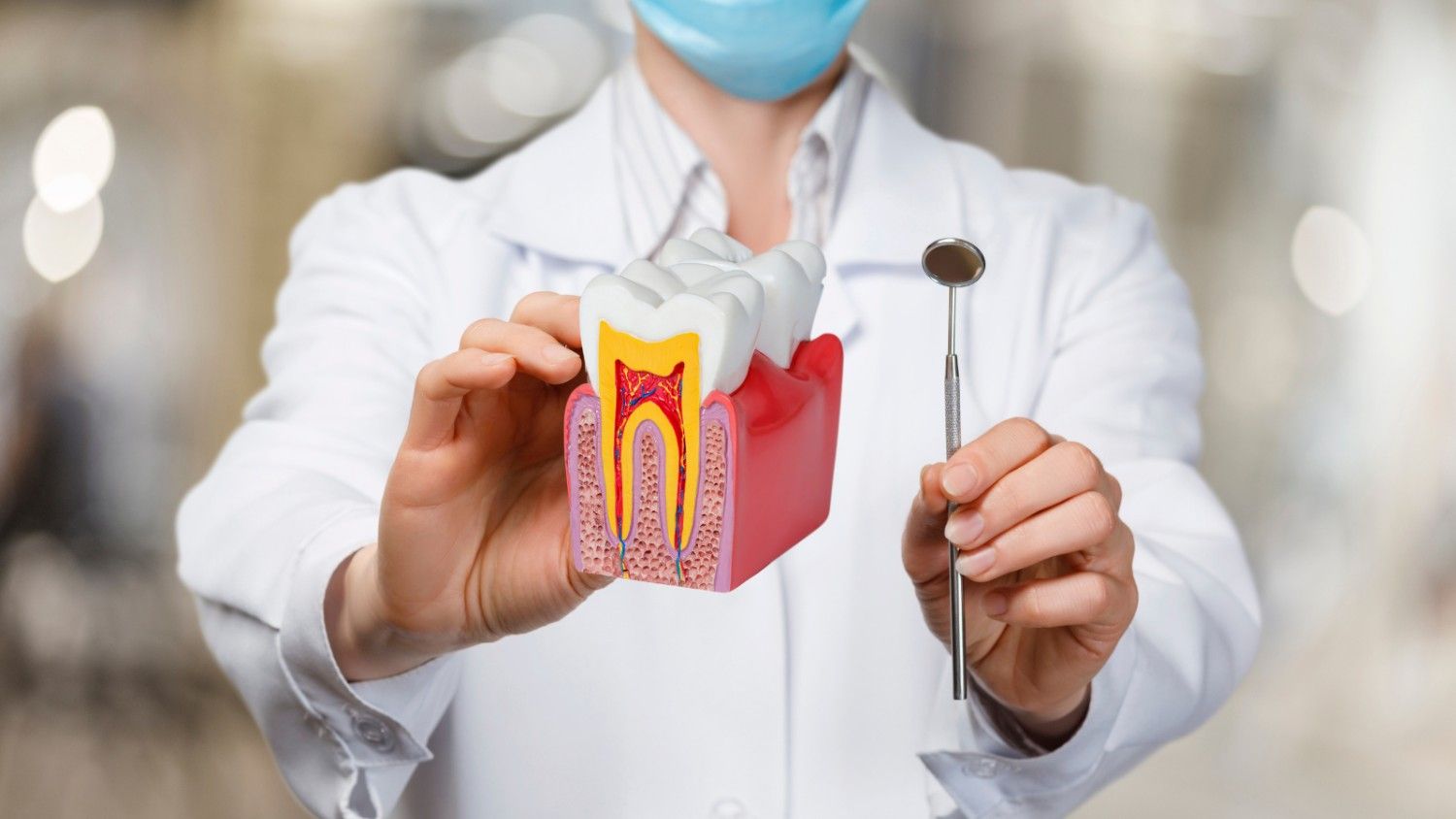Dos and Don'ts for Root Canal Recovery

Throbbing pain, lingering sensitivity while eating, and that odd pressure when you bite down—these are common symptoms after a comprehensive root canal treatment. While the most challenging part of your dental visit may be over, recovery comes with its own set of hurdles that require proper care and attention.
That’s why understanding the dos and don’ts of root canal recovery is so important. How you treat your tooth in the following days can mean the difference between smooth healing and unnecessary setbacks. To help you through the process, this guide will walk you through the most effective steps to recover comfortably, manage pain, and protect your restored tooth for the long term.
Table of Contents
- The Importance of Proper Root Canal Recovery
- Essential Dos During Root Canal Recovery
- Follow Your Dentist’s Medication and Pain Management Protocol
- Maintain Gentle but Consistent Oral Hygiene Practices
- Choose Soft, Nutritious Foods and Stay Hydrated
- Rest Adequately and Avoid Strenuous Activities
- Critical Don’ts During Root Canal Recovery
- Avoid Chewing on the Treated Side of Your Mouth
- Skip Hard, Crunchy, and Extremely Hot or Cold Foods
- Don’t Postpone Getting Your Permanent Crown
- Avoid Smoking and Alcohol Consumption
- Final Thoughts?
The Importance of Proper Root Canal Recovery
A successful root canal doesn’t end when you leave the dentist’s office. Recovery is just as critical as the treatment itself. The treated tooth and surrounding tissues need time to heal and strengthen. Neglecting proper aftercare can lead to infections, tooth fractures, or a complete failure of the root canal.
Without the proper recovery habits, you could undo all the effort that went into saving your tooth. Sticking to your dentist’s aftercare instructions helps keep the treated tooth pain-free and functional, while minimizing complications and maintaining a clean and stable area.
Proper recovery:
- Helps prevent post-treatment infections and inflammation
- Reduces the risk of damaging the treated tooth while it is still sensitive
- Supports faster healing and allows the surrounding tissues to settle
- Ensures long-term success, especially before the permanent crown is placed
Although discomfort usually subsides within a few days, the healing process continues beneath the surface. Your attention to detail during recovery can significantly impact the outcome of the procedure.
So don’t assume you’re in the clear because the pain fades. Staying consistent with recovery care gives your root canal treatment the best chance of lasting success. Think of it as the follow-through that completes the work your dentist started.
Essential Dos During Root Canal Recovery
Your recovery doesn’t end once you step out of the dentist’s chair. What you do at home significantly affects how well your treated tooth heals.
Follow Your Dentist’s Medication and Pain Management Protocol
Take all prescribed medications exactly as instructed. If your dentist prescribed antibiotics, complete the entire course, even if you feel better. Skipping doses or stopping early can allow bacteria to survive, potentially leading to reinfection.
Pain relievers aren’t just for comfort—they also reduce inflammation, which supports the healing process. Never adjust dosages or substitute medications without your dentist’s approval. If the pain worsens instead of improving, contact your healthcare provider promptly.
Maintain Gentle but Consistent Oral Hygiene Practices
Maintaining a clean mouth is crucial during recovery. Even if your gums feel sore, don’t skip brushing and flossing. Use a soft-bristled toothbrush and work gently around the treated area. Consistent hygiene prevents bacteria from entering the treated site or affecting nearby teeth.
If you’ve undergone personalized dental treatment, your dentist may offer specific hygiene instructions—follow them closely. Avoid aggressive rinsing, but warm salt water rinses can help reduce bacteria and soothe the tissues.
Choose Soft, Nutritious Foods and Stay Hydrated
Your mouth is sensitive, and your treated tooth is vulnerable. Stick to soft, easy-to-chew foods for a few days. Go for options like yogurt, scrambled eggs, mashed vegetables, or smoothies that won’t require biting down forcefully.
These choices support healing without irritating the area. Stay hydrated by drinking water throughout the day. Avoid sugary drinks or anything too acidic, as they can irritate your mouth and promote bacterial growth.
Rest Adequately and Avoid Strenuous Activities
Healing requires energy. Give your body the time and space to recover. Avoid strenuous exercise, heavy lifting, or any activity that increases your heart rate within the first 48 hours. Physical stress can cause unnecessary pressure in your mouth and slow healing.
Resting well allows your immune system to focus on repair. Sleep with your head slightly elevated to reduce swelling and promote circulation around the treated area.
Critical Don’ts During Root Canal Recovery
Even minor missteps during recovery can cause complications. Avoiding common mistakes is just as important as following the proper steps.
Avoid Chewing on the Treated Side of Your Mouth
Chewing on the side where you had the root canal can put pressure on the healing tooth and surrounding tissues. It also increases the risk of dislodging temporary fillings or causing fractures if a crown hasn’t been placed yet.
Even if the pain is gone, that doesn’t mean the tooth is ready for everyday use. Stick to the opposite side until your dentist confirms it’s safe. Allow that area to fully stabilise before relying on it again.
Skip Hard, Crunchy, and Extremely Hot or Cold Foods
Foods with extreme textures or temperatures can irritate your treated tooth and delay recovery. Hard or crunchy foods may cause micro-cracks in the tooth, especially before the crown is in place.
Very hot or cold items can trigger lingering sensitivity or discomfort. Choose lukewarm meals and soft textures to give your mouth time to heal without added stress. Avoid anything that could create sudden pressure or shock inside the mouth.
Don’t Postpone Getting Your Permanent Crown
The temporary crown or filling isn’t designed to last. Delaying your follow-up appointment for the permanent crown can expose the tooth to bacteria or damage. Without the final crown, the tooth remains structurally unprotected and prone to fractures.
Schedule the follow-up as your dentist advises, and be sure to attend it. Completing this step is crucial to restoring your tooth’s full strength and function.
Avoid Smoking and Alcohol Consumption
Smoking slows blood flow, delays tissue healing, and raises your risk of infection. Alcohol, on the other hand, can irritate your gums and interfere with medications. Together, they make post-root canal recovery harder than it needs to be.
If you’re under the care of trusted endodontic specialists, they’ll advise avoiding both habits during the healing period. Cutting out smoking and alcohol temporarily gives your body the best chance to heal quickly and thoroughly.
Final Thoughts?
Recovering from a root canal doesn’t have to be complicated, but it does require your attention. Every choice you make from eating to cleaning your mouth can support healing or set it back. This isn’t just about avoiding pain; it’s about protecting your dentist’s work and ensuring your tooth stays strong and functional for the long haul.
The most important takeaway? Treat recovery like part of the treatment, not an afterthought. Stick to the dos, steer clear of the don’ts, and stay in close contact with your dental provider. When you approach root canal recovery with care and consistency, you give your smile the best chance at lasting health.

